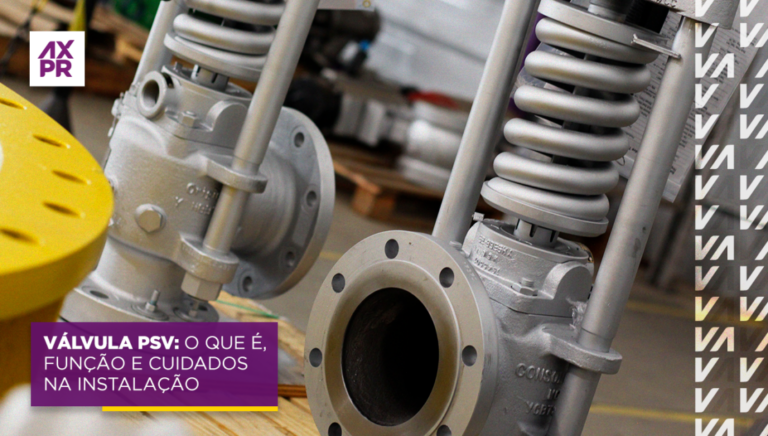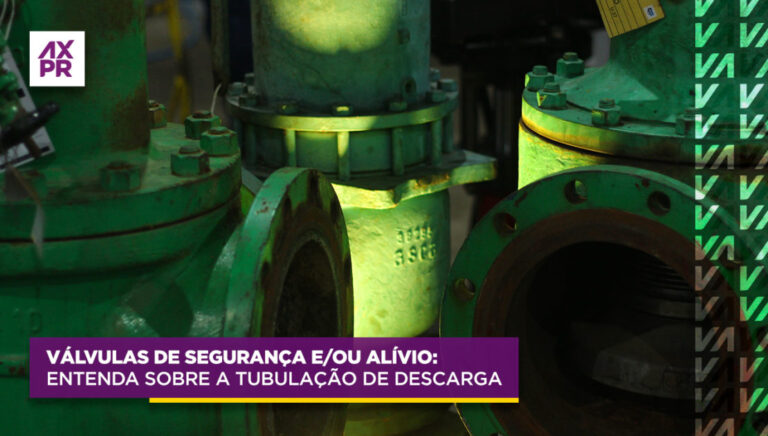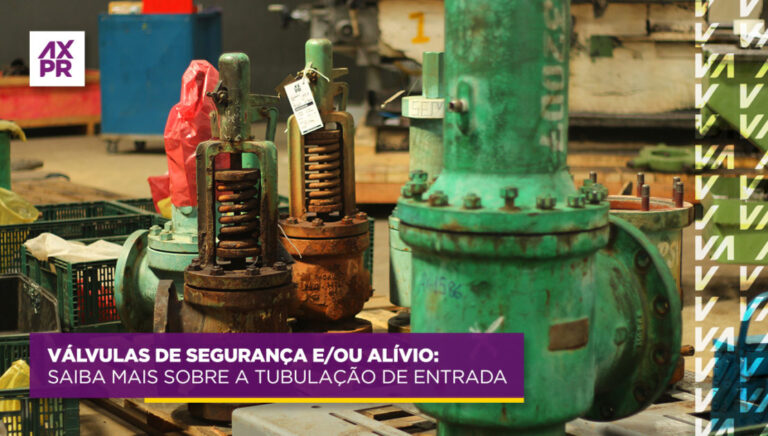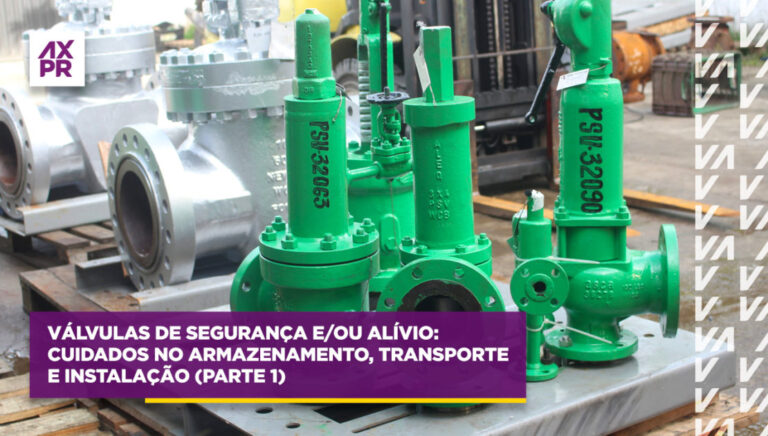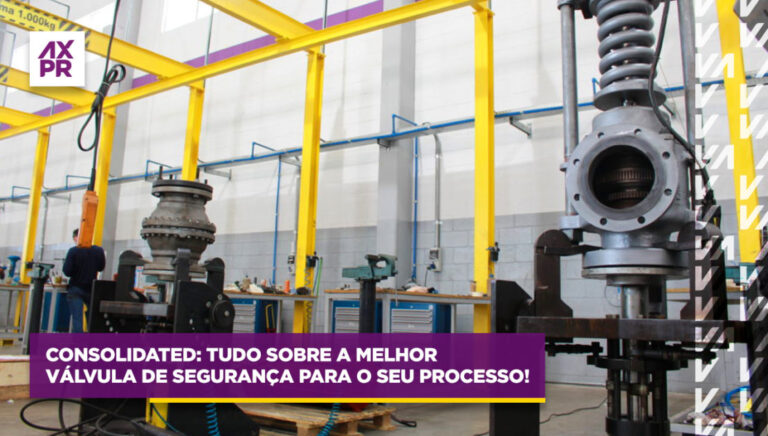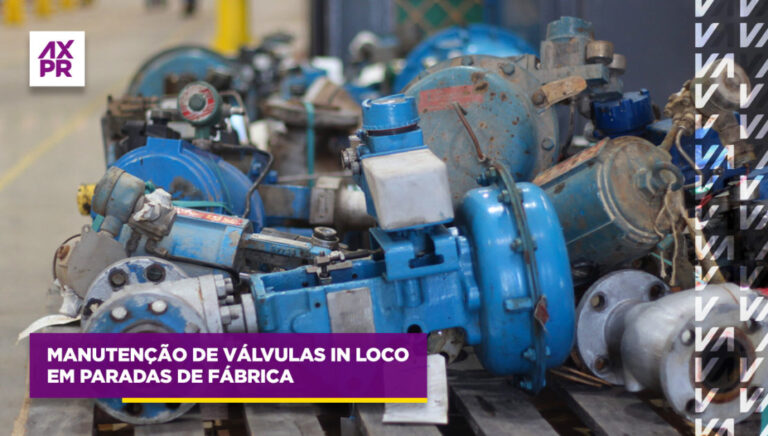Safety valves are primarily responsible for keeping industrial operations safe, as they are the last line of defense in the system. Therefore, it is essential that their design, installation, and maintenance are in perfect condition to ensure safe operation.
To guarantee safe operation, there are several standards and certifications that govern the functioning of safety valves. In this article, we will present these guidelines, how they are applied, and how they ensure a safe system.
Starting with the ASME Code
Among the regulations for safety valves, the ASME code is one of the most important.
Developed by ASME (American Society of Mechanical Engineers), this code defines all the technical standards for the manufacture of boilers, pressure vessels, and auxiliary equipment, recognized for its technical methodology and worldwide application.
Regarding Safety valves, the two ASME code sections that deal with the topic are sections I and VIII.
- Section I - Focuses on technical standards to be employed in the construction of boilers, including their safety valves.
- Section VIII - Pertains to the rules for the manufacture of pressure vessels and piping, including the technical procedures for safety valves operating with steam, liquids, and gases. This section has a vast range of applications.
ASME Stamp
In addition to the ASME code, there are companies certified for the manufacture, assembly, and maintenance of safety valves, and they are awarded the so-called ASME stamp.
To obtain the ASME stamp, companies must have the following certifications from the National Board of Boiler and Pressure Vessel Inspectors .
- NB Manufacturer - Aimed to manufacturers of safety valves, where the company is responsible for the design, material selection, certification, manufacturing, assembly, and testing of safety valve components.
- NB Assembler - Geared towards companies assembling valves, which receive safety valve components and perform procedures such as assembly, adjustment, testing, pressure certification, as well as shipping to customers.
- NB VR - Certifies the company to perform maintenance on safety valves without altering the design, maintaining the ASME certification of the equipment.
NR-13: National Regulation
This is the Brazilian standard for boilers and pressure vessels defining audit standards to be followed for such equipment to operate with the indicated pressure and working capacity.
This standard evaluates technical definitions, inspection periods, calibration, and various technical aspects, as well as the figure of the qualified professional (PH), who will be responsible for supervising the equipment.
As a mandatory standard in Brazil, non-compliance by the company can lead to various legal consequences.
Baker Hughes Certification
In addition to national and international standards and certifications, there is also certification from globally recognized companies for their industrial services, such as Baker Hughes, for which Axpr is a sales channel partner in Brazil.
The main certifications granted by BH are:
- Marc Certification - Attests that the product and the services to be performed on it comply with the standards determined by the company.
- Consolidated Green Tag Centers (GTC) - The CTG seal indicates that the company has highly specialized professionals who have been trained and qualified to provide all services related to Consolidated products. Consolidated.
Additionally, all services performed, from obtaining the product to its maintenance, are supervised by Baker Hughes.
AXPR Can Help!
AXPR, in addition to following all NR-13 requirements, is a company that holds the Mark certification for the Masoneilan line and the GTC seal granted by Baker Hughes. This ensures a team of highly qualified professionals to perform services with industrial valves, following all required technical standards.
Being certified by Baker Hughes, the company has the EVT 3.0 online test for evaluating valves in industrial lines, nsuring enormous precision and reliability, as well as avoiding operational downtime and all the disadvantages of physical tests.
Want to know more about our services and how we can help you have a safer operation? clicking here!


